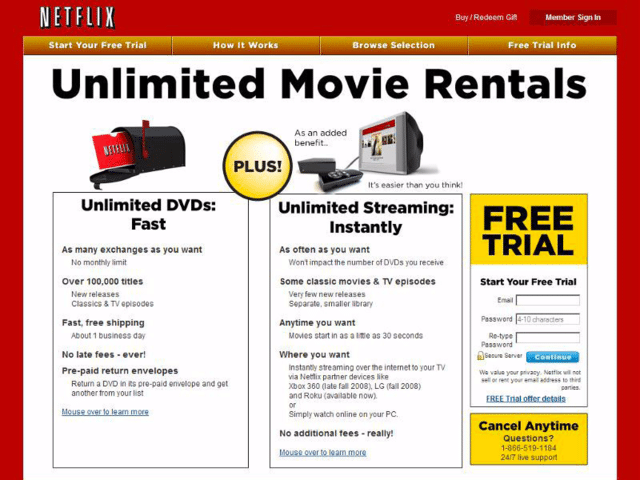After three stints as a CMO of Silicon Valley companies, I know a thing (or three) about creating and selling legendary products.
Raise capital with the right investors. Do your due diligence and upgrade to Crunchbase Pro.
And if I learned one thing about the market, it’s this: there’s a ton of unmet demand for products and services that customers would line up around the block for. And we need entrepreneurs to fill these gaps in the market when they create a product.
Niching down
One of the people preparing the entrepreneurs of tomorrow is Isaac Morehouse. This guy is a genius. He founded Praxis, a startup apprenticeship program for smart kids who opt out of the traditional college route. Let me tell you, I wish this program was around when I was 18. I met with Praxis students for an in-depth Q&A session about the importance of niching down.
All of us should be niching down so we can create a great career and life, not just entrepreneurs. Here’s how these entrepreneurially-minded students are going to get ahead when they create a product:

Featuring clothing from Eloquii, acquired by Walmart in Oct. 2018. Source: Amy Westervelt, “Startups See Lucrative Niche in Plus-Size Clothing,” Wall Street Journal.
Find your place in the market
“Follow your passion.” You hear this dumbass advice a lot, and it’s total bullsh*t.
Nobody ever told me this, but there’s only one way to make a lot of money: be really good at something that very few people are good at that delivers tremendous value to a lot of people.
To find that niche, that specific area that you can make a lot of money and give value to people, turn to category design. Category design is about teaching the world how to think about a problem and solution in a completely different way. And the most legendary companies position themselves as a leader in a new category they can dominate.
Category design gives you a toolbox to carve a niche out. It’s a way to spark your creativity so you can fall in the love with a problem and ultimately identify your niche.
Find your niche and then create a product
To find your niche, you have to identify a problem or a deficit in the world and invent something that makes it better. Create a product to fix a problem and create value for your end user.
As I like to explain it, being legendary requires you focus on the exponential value of what makes you different, rather than the incremental value of what makes you better. Approaching the world in this way not only sets you apart from the competition, but it puts you in an entirely separate sphere—where customers will flock to you and sales will skyrocket.
So follow your different. Follow what makes you unique. Pursue a problem that drives you nuts.
Exhibit A: Semihandmade is an interior-design company launched by custom cabinet maker John McDonald for the explicit purpose of creating “custom” doors and drawer fronts for basic Ikea kitchen, bathroom, and closet systems. They look handmade, but they’re actually embellishments of stuff that’s on the shelf.
John basically started the Ikea hacking movement—the quest to transform off-the-shelf items from the ubiquitous Swedish furniture maker into something unique. Five years later, his company has handled more than 3,000 renovations and made millions in revenue.
How’s that for a monster niche down?
Don’t forget to stay vigilant
Just because you stumble upon a great idea that works today doesn’t mean it’ll work tomorrow.
Category violence happens all the time, and you need to pay attention to new technologies, new companies, and emerging trends that could threaten your niche. Constantly.
Think about what the rise of Uber and other ride-sharing companies did to taxi drivers. I spoke to a taxi driver in Toronto a few years ago, and he told me his taxi medallion, then worth $600,000, was his retirement plan. But a year ago, it was only worth $300,000. His retirement had been cut in half, and he knew its value would continue to fall.
Track industry trends
This story illustrates why we all need to stay vigilant and take responsibility for our careers and our lives. Now here’s a company that did pay attention, maybe you’ve heard of it:
When Reed Hastings started Netflix in 1997, most people weren’t even on the Internet and those who were had dial-up. Because the technology wasn’t there, Reed couldn’t introduce streaming to the world. So he mailed DVDs. But once the technology was there, they switched to streaming and showed everyone how it solved a problem.
And changed everything.


Source: Nathan McAlone, “Netflix’s website in 1999 looked nothing like it does today — here’s how it has evolved over the years,” Business Insider
So how do you keep your place in the market if you can’t predict future trends and technology? The key is to read a lot. Consume so much material that you make yourself smart (if I can do it, so can you).
Talking to these Praxis students warms my cold-blooded heart and gives me optimism for our future. They know that to be a legend, you have to possess the courage to be different rather than just better. That’s how you create a product: niche down and rule your category.
Christopher Lochhead who is a retired three-time CMO, former entrepreneur, and co-author of Play Bigger, will keep you entertained, engaged and in the pocket and host of Legends and Losers podcast.






